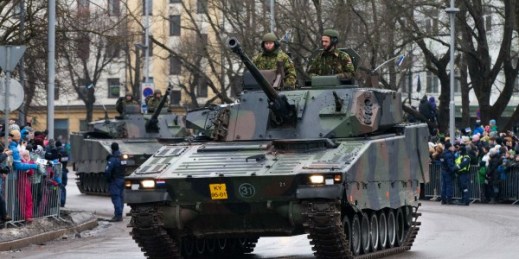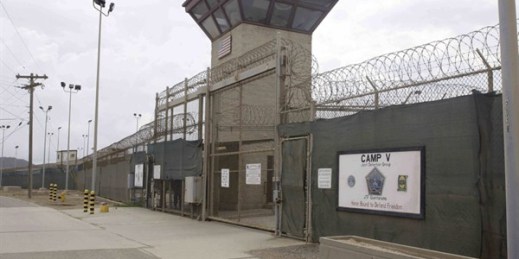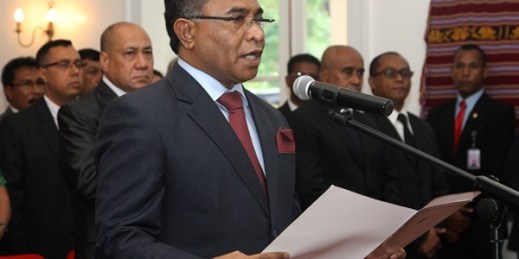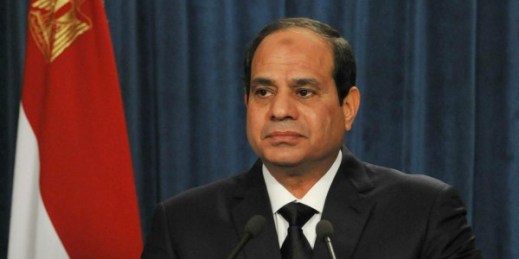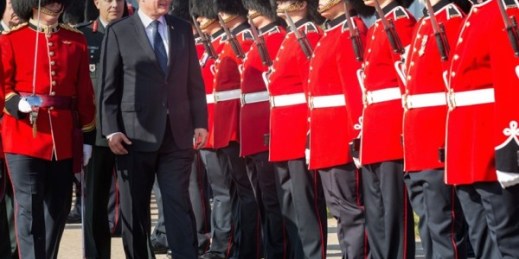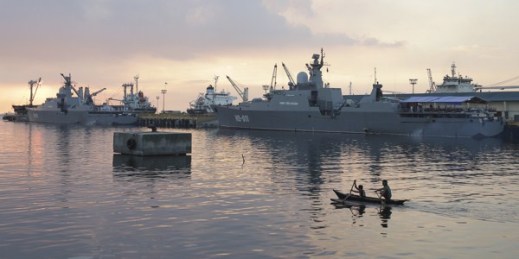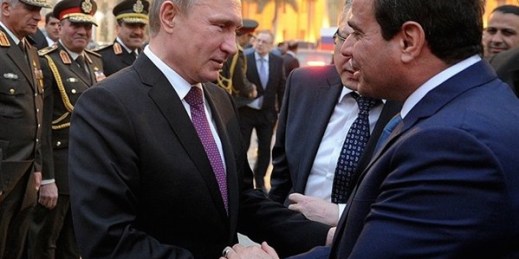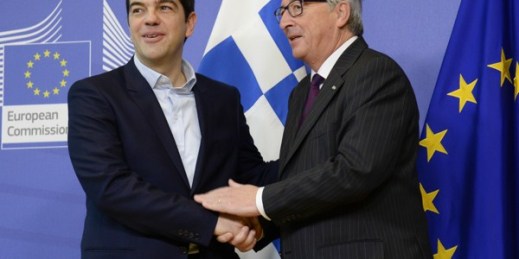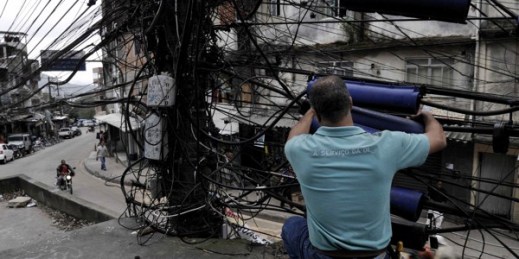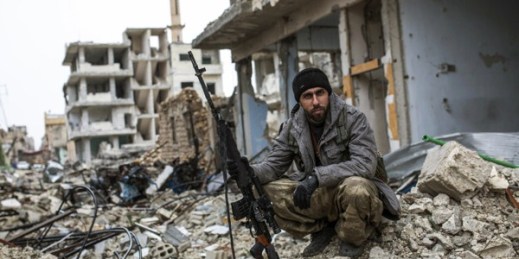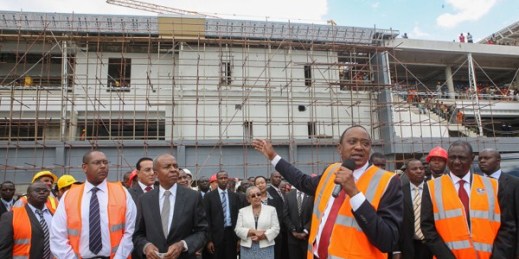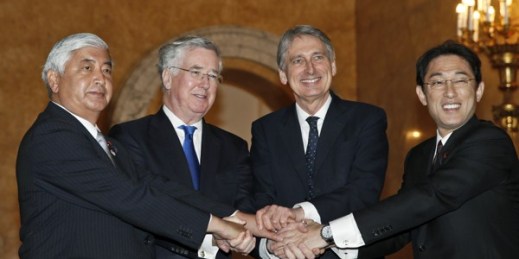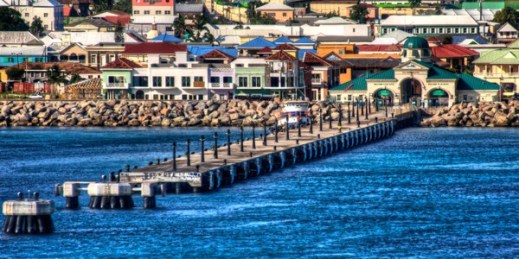
Last week, the opposition Team Unity coalition ousted the Labour party in St. Kitts and Nevis’ parliamentary election after 20 years in power. In an email interview, Wouter Veenendaal, a postdoctoral researcher at the Royal Netherlands Institute of Southeast Asian and Caribbean Studies, discussed domestic politics in St. Kitts and Nevis. WPR: What led to the success of the Team Unity coalition over the long-ruling Labour Party in recent election? Wouter Veenendaal: The election victory of Team Unity can be explained by a number of factors. First, the Labour Party and its leader Denzil Douglas ruled St. Kitts and Nevis […]

